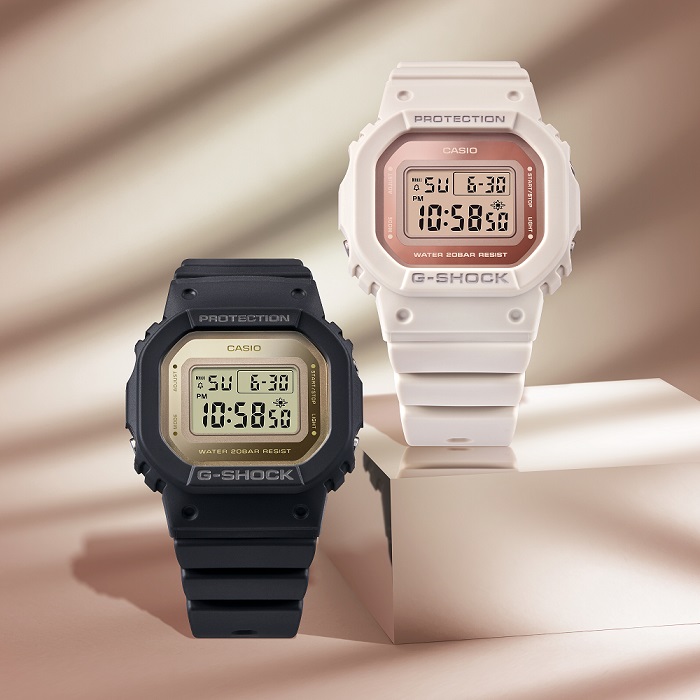Casio the Latest Japanese Firm to Enter NFT Arena – More to Follow?

Japan’s Casio has become the latest megabrand to take the NFT plunge with the release of “Virtual” G-Shock tokens based on its popular watches.
In a Casio press release, the firm said it was launching the Virtual G-Shock line on the Polygon blockchain protocol.
The company said it would release “3D model” G-Shock NFTs later in the year, but first wanted to reach out to fans of its iconic digital watch.
Casio claims it has sold over 130 million G-Shock watches worldwide following its 1983 debut.

But before debuting the NFT watches, the firm will issue NFT “membership cards” that will provide owners with special access to “limited channels.”
The firm said it would issue 15,000 of the NFT “cards” beginning on September 23, but invited customers with Casio IDs to register their interest in claiming a card before the general release.
“Card” holders will be granted “special access” to a range of new events and meetups, and “participate in co-creation projects.”
Per Japan’s CoinPost, Hiroshi Takahashi, the CEO of Casio stated that the project’s aim was to “boost increase the presence of the G-Shock brand in the virtual and Web3 worlds.”
More Japanese Firms Turning to NFTs?
A fast-growing line of Japanese fashion, sportswear, and accessories brands is continuing to pursue NFT-powered business.
While the NFT boom has died down somewhat in other markets, Japanese firms have been spurred on by comments from Prime Minister Fumio Kishida, who has repeatedly talked up NFTs and Web3 as grown engines for the national economy.
Sportswear titans Asics and Mizuno have already entered the fray, with NFT footwear based on some of their best-selling lines.
And other businesses are also keen.
In May this year, the airline All Nippon Airways announced the launch of its own aircraft-themed NFTs, Impress Watch reported.
Earlier this month, the nation’s top financial regulator said it was ready to ask parliament to ease tax rules for domestic corporations.
The rules have been described as “restrictive” by critics who say Japanese firms are being forced out of the domestic market.



